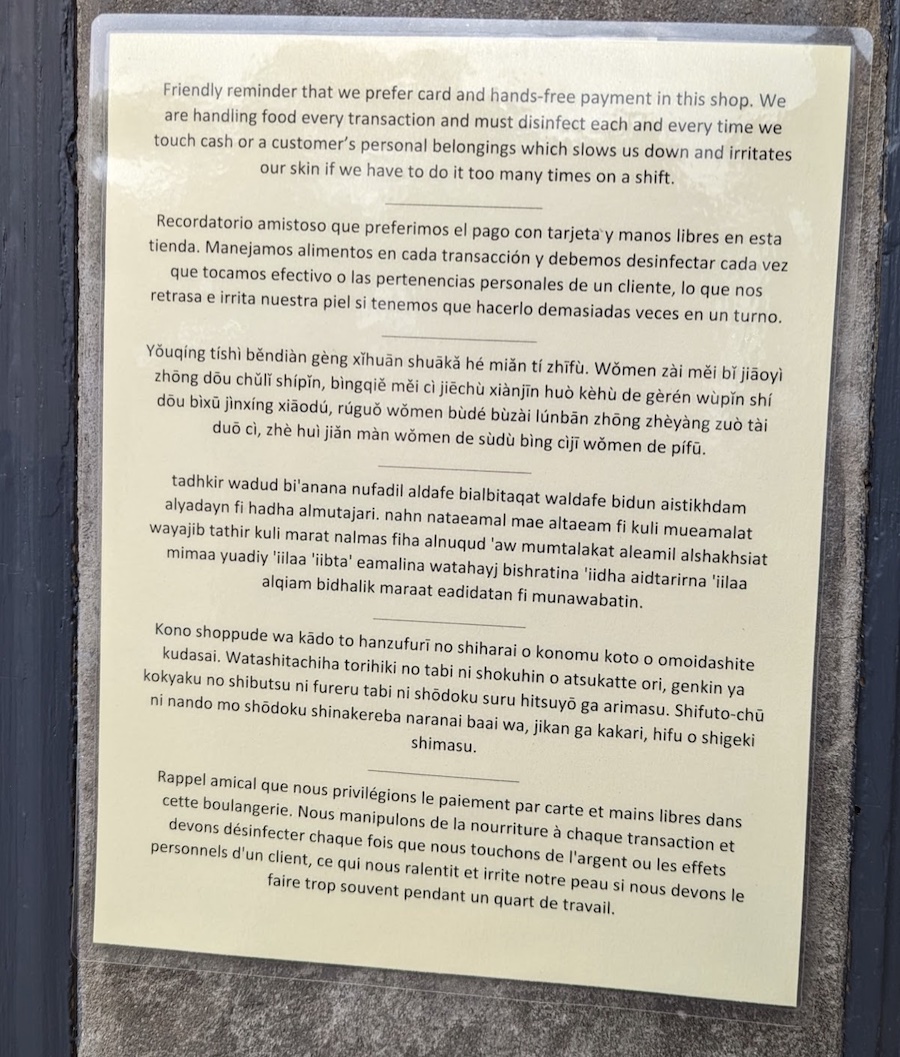Apostrophes in Hanyu Pinyin
The most famous instance of the use of an apostrophe in Hanyu Pinyin romanization is in the place name "Xi'an", the capital of Shaanxi (the doubled "a" is another story) Province.
Xī'ān 西安 — two characters signifying "Western Peace"
If you don't use an apostrophe to separate the syllables, you end up with the monosyllable "xian", which — depending upon the tone and the character it is meant to represent — could mean dozens of different things.
Mark Swofford has carried out an interesting investigation on "Mandarin words with more than one apostrophe", Pinyin News (6/11/23).
Read the rest of this entry »

